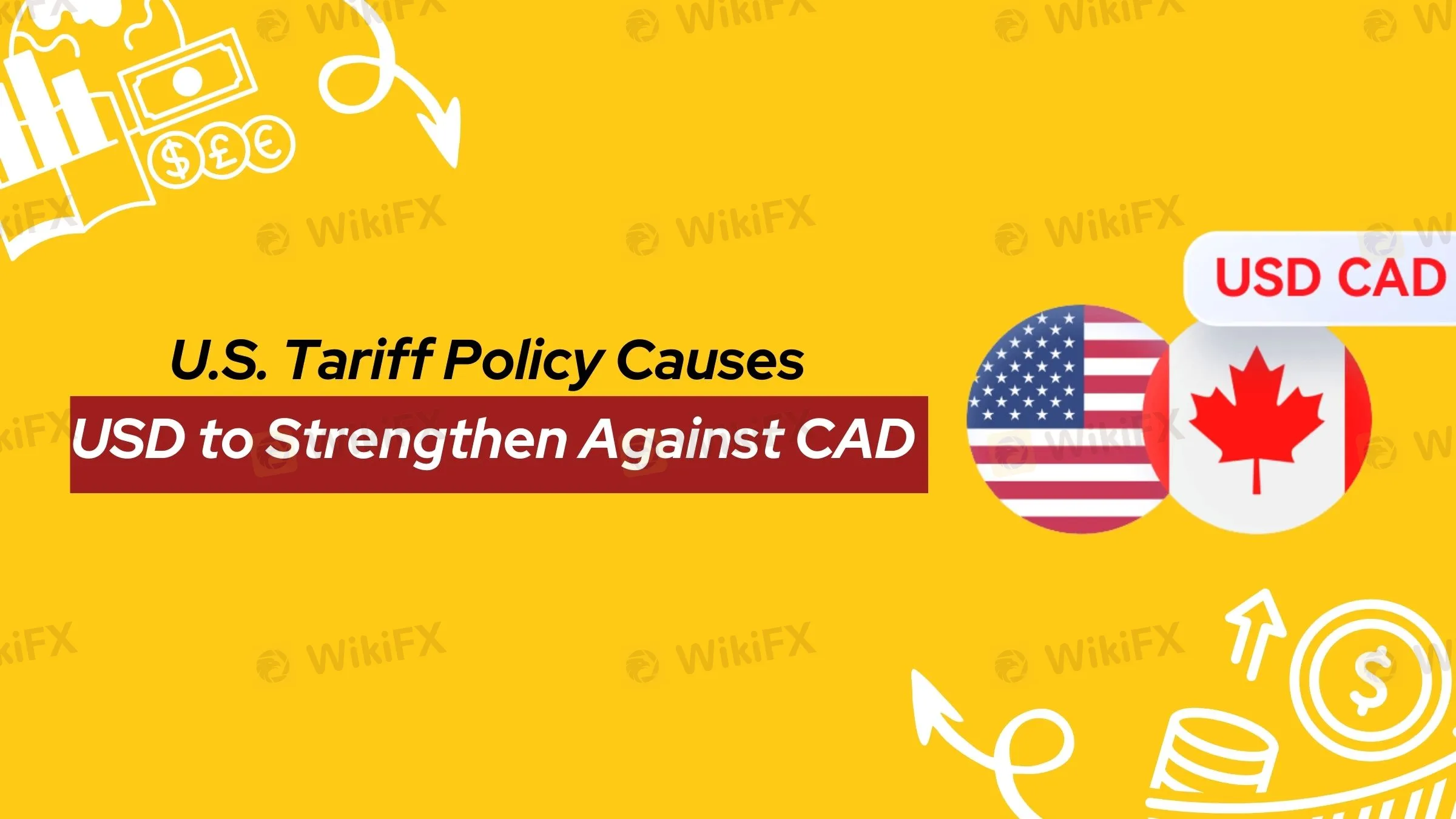U.S. Tariff Policy Causes USD to Strengthen Against CAD
abstrak:Trump’s tariff remarks caused USD/CAD volatility, sparking concerns over Canada’s economy. Markets monitor developments and potential trade impacts.

On January 20, 2025, Donald Trump was inaugurated as the President of the United States. During the ceremony, he signed multiple executive orders addressing various domestic and international issues. However, none of these orders included provisions on tariffs. Nevertheless, in his inaugural speech, Trump mentioned the possibility of imposing a 25% tariff on imports from Mexico and Canada, citing concerns about border security and fentanyl smuggling. Although no formal policies have been implemented yet, these remarks have already impacted financial markets, particularly the USD/CAD exchange rate.
Market Reactions: USD/CAD Surge and Volatility
Trump‘s remarks caused immediate volatility in the USD/CAD exchange rate. Following his speech, the pair surged to 1.4518 before retracing slightly to 1.4445 during Asian trading hours. The market reaction underscores the sensitivity of the Canadian dollar (CAD) to U.S. trade policy uncertainties. Investors viewed the proposed tariffs as a potential threat to Canada’s export-driven economy, leading to a weakening of the CAD. Traders also began pricing in additional risks, anticipating further economic disruption if tariffs were to be enacted.

Canadas Response
If Trump‘s tariff proposal materializes, it could have far-reaching consequences for key Canadian industries such as energy, automotive, and agriculture, which heavily depend on U.S. markets. Increased export costs would reduce the competitiveness of Canadian goods, potentially leading to lower demand and slower economic growth. Additionally, the Bank of Canada’s (BoC) recent business outlook survey indicates subdued economic sentiment, reflecting concerns over the potential ripple effects of U.S. trade policies on Canadian businesses.
Canadian Prime Minister Justin Trudeau has strongly criticized Trumps tariff proposal, calling it a threat to the integrated North American market. He emphasized that such measures would not only harm Canadian industries but also increase costs for American consumers and businesses. Trudeau warned that Canada would respond decisively, including implementing retaliatory tariffs if necessary. Canadian officials have also reiterated their commitment to maintaining stable trade relations while defending the interests of Canadian exporters.
Monitoring Key Developments
The future of the USD/CAD exchange rate will hinge on the implementation of Trump‘s tariff proposal and the outcome of trade negotiations. If tariffs are imposed, the CAD could face sustained downward pressure due to its reliance on U.S. markets. However, diplomatic resolutions or stronger-than-expected Canadian economic data, such as the December CPI set to release soon, could provide some support for the CAD. Investors are likely to monitor these factors closely, as any developments could significantly influence the currency pair’s trajectory.
Broker ng WikiFX
Exchange Rate

